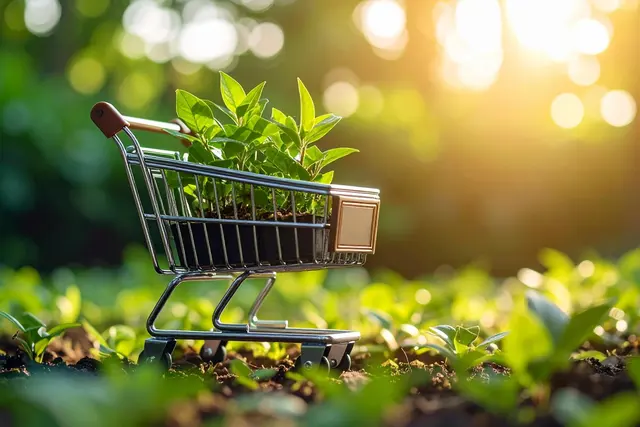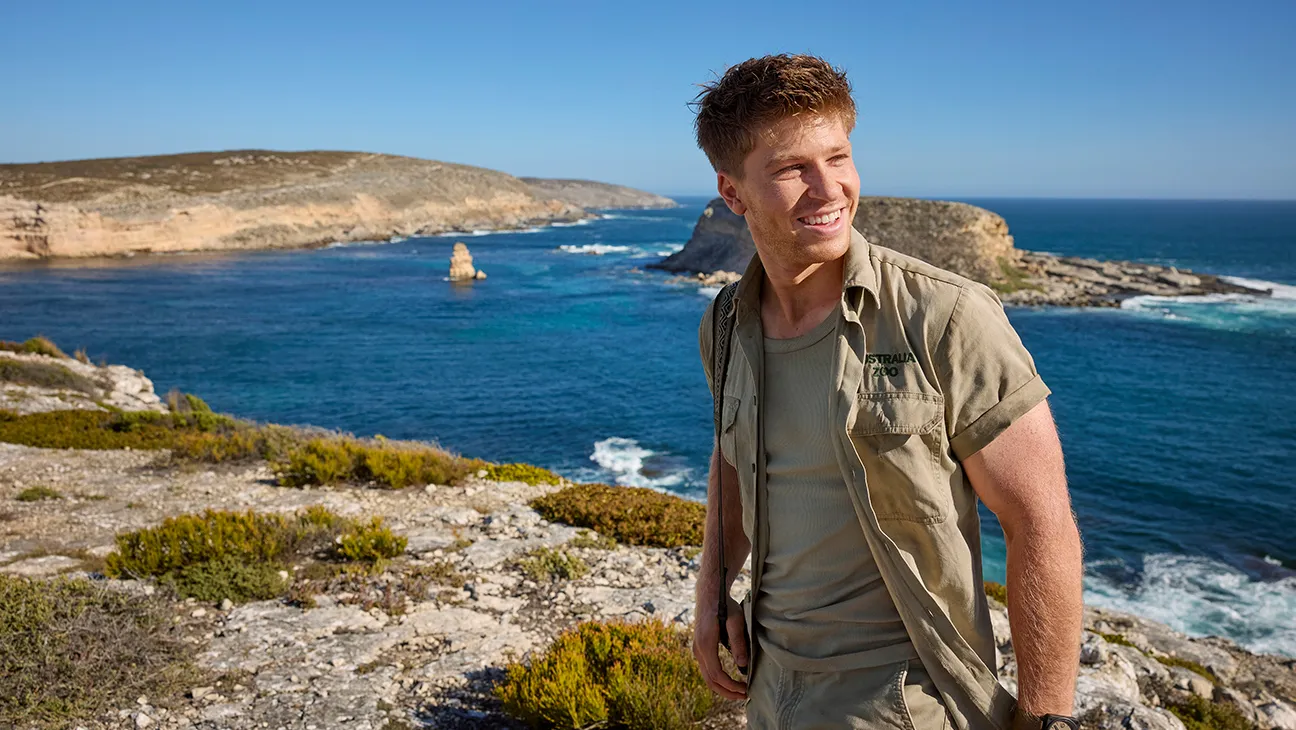By Angela Terry
Copyright falkirkherald

Some organisations have the environment at the heart of everything they do, from designing packaging to sourcing materials, while other companies have introduced new eco-ranges to ‘test’ the appetite of shoppers for green goods.
Being ethical does not just mean reducing pollution and cutting down on chemicals. The term also encourages organisations that support high-animal welfare, workers’ rights and protecting wildlife.
High up on eco-products are solar panels and organic veg boxes, electric bikes and fairtrade tea. The sustainability sector is booming with the fairly new Vinted app – offering pre-loved clothes – now valued at more than £1 billion.
Buying nearly-new fashion accessories, books and furniture is a great option for reducing waste sent to landfill and the amount of resources required to manufacture new products.
This is particularly beneficial for us, as these ‘finds’ tend to be significantly cheaper than recommended retail price. On many platforms, the sender will accept ‘nearest’ offer so by buying second-hand items, you can often grab an absolute bargain, whether you’re into high-end brands or not good-quality does not have to be compromised.
This is what a ‘circular’ economy looks like. Holding on to goods for a lot longer, reusing them and then recycling the resources into new products rather than the fast fashion model of extraction, short lifetime of use and then landfill.
Another good tip is to wait a bit longer before pressing the ‘purchase’ button. That’s often because marketing – subtle or not so subtle – has convinced us we need something new and desirable, where as the next day or two, we may have completely moved on with our desires.
The other key tip is asking friends and families to ‘borrow’ what you need, sometimes on a long-term basis. We do this with kids’ books all the time. There are also initiatives to encourage a ‘community of sharing’ such as a library of things, community fridges and freecycle.
If you do need to buy new, then finding out which brands and stores are the ‘good guys’ can be time-consuming and potentially confusing.
Thankfully, Ethical Consumer has been around for years and is the environmental equivalent of Which in terms of consumer research and advice.
It’s free to use and full of advice, recommended buys, companies to avoid and tips on more than 40,000 brands and products.
To find out more visit: https://www.ethicalconsumer.org
No matter what you’re in the market for, from a savings account to a new raincoat, there should be an environmentally friendly option or two that meet your shopping needs and also supports a better world.
Celebrity spot
Model and UN Goodwill Ambassador Gisele Bündchen said: “My sense of responsibility for what kind of world I’m leaving for my children became a priority. It became not just, ‘I want to have a positive impact’ – I want to leave the world better than when I got here. “[My children] see that we don’t have plastic bottles, that we buy from local farmers, we grow our food as much as we can in our garden — they understand that’s important.”
Swap throwing clothes in the washing basket – which is easy if lazy. If there’s just one mark for a spot clean, it’s better not to turn on the washing machine.
Handwashing with soap in the sink saves time and is more efficient and eco-friendlier.
Keep wildlife in mind as you prepare for autumn
As autumn arrives, there are plenty of things we can do in our gardens to help protect wildlife.
Hopefully, most brown lawns are now turning back to a familiar shade of green after all the rain. It’s worth remembering this next time, we experience drought in the UK that grass is quite resilient.
Unfortunately, so are weeds so it’s good to get on top of them now but please avoid using herbicides, pesticides in your garden.
These toxic ‘forever’ chemicals cause real harm to wildlife, such as bees.
While gardening you can help animals, such as hedgehogs who are looking for a winter home by leaving a small pile of leaves in a corner that won’t be disturbed.
If there aren’t any gaps under your fence, you can cut a small hole so there’s a hedgehog ‘highway’ between your neighbours.
If you’re feeling creative, or have kids to enlist, then create a bug hotel.
They are very simple to construct from old twigs, cones and other materials but will provide an invaluable home for minibeasts in your garden and can be very eye catching.
When looking for plants to replace ‘summer blooms, make sure the garden centre doesn’t use peat in their pots of for compost, as many alternatives exist.
Peat left in the ground acts as a sponge to absorb rain, traps carbon and is a great ecosystem for wildlife so the less that is dug up for flowers the better.
If you were lucky enough to have nesting birds in your garden, it’s a good idea to clear out any bird boxes ready for the spring or to provide shelter during harsh winter conditions.
Bird feeders full of nuts and seeds offer fantastic food during winter and help attract beautiful species to your garden. In addition, clean water baths for drinking are as important when the weather turns frosty.
A cork or ball floating in the top will stop ice from forming, if local ponds are frozen.
Now is the perfect time to plant any trees you’d like to establish before the harsh winter sets in. Also planting trees and bushes now whilst dormant means that hopefully their roots are established long-before the hot summer, particularly in case of another drought next year.
Flowering from September to November, and producing fruit from November to January, ivy provides food and shelter to creatures during winter so it’s best to cut it back in spring if needed.
Finally, as you tidy your garden, remember to keep a few areas a little bit ‘wild’. The idea of rewilding is growing and hopefully it allows nature to thrive – and reduces your workload as well.
Foraging foxes, hedgehogs and squirrels can often be found in UK gardens during the autumn.
Fact or fiction
Pollution from one oil company was enough to cause 10, previously impossible, deadly heatwaves.
Carbon pollution from oil giant ExxonMobil made 51 heatwaves 10,000 times more likely than in an unheated world.



